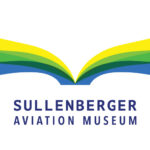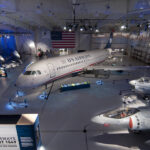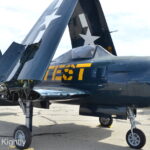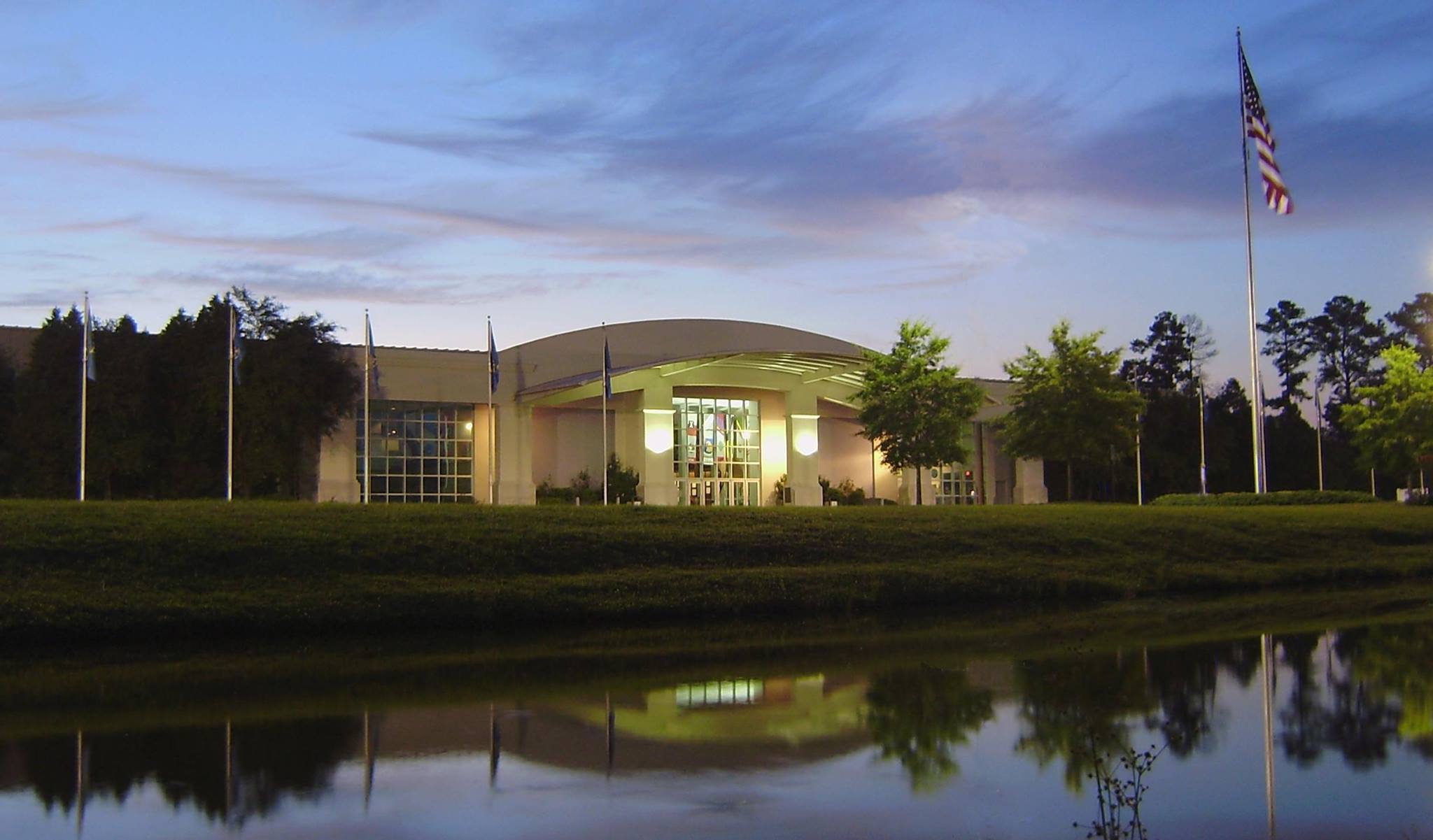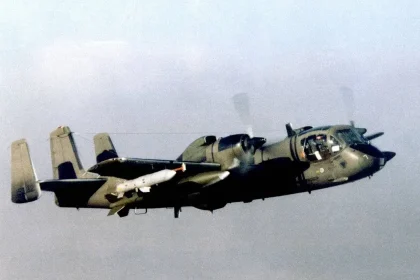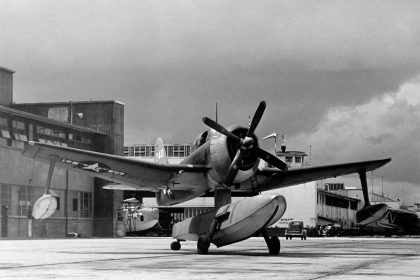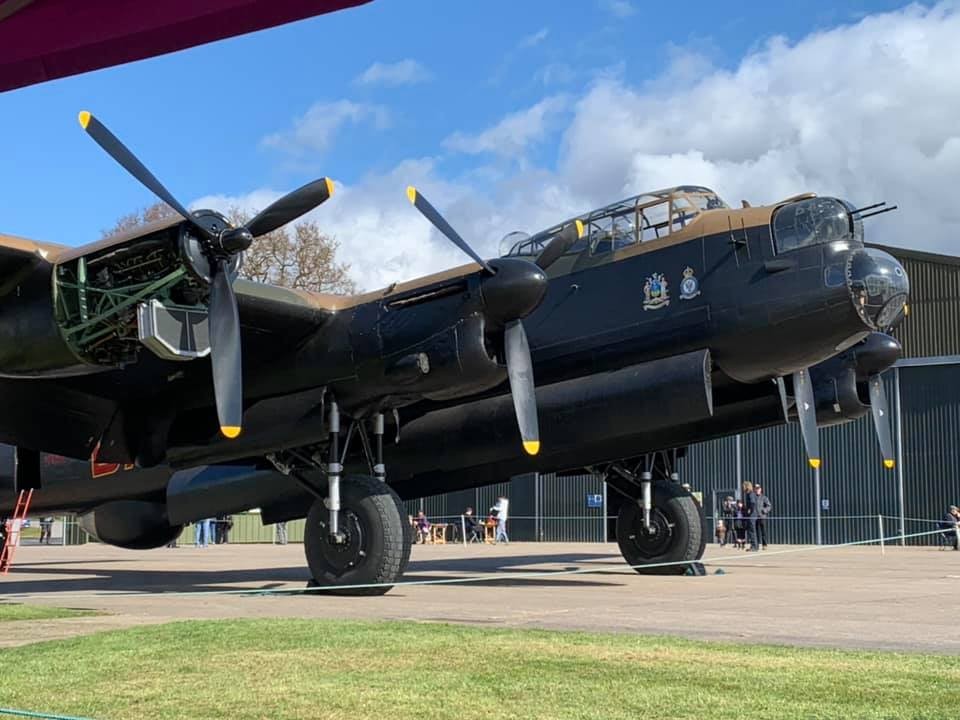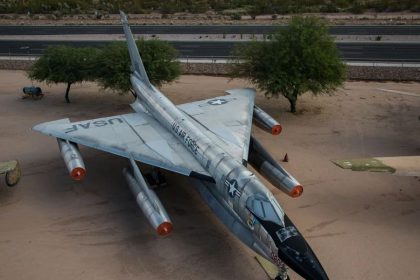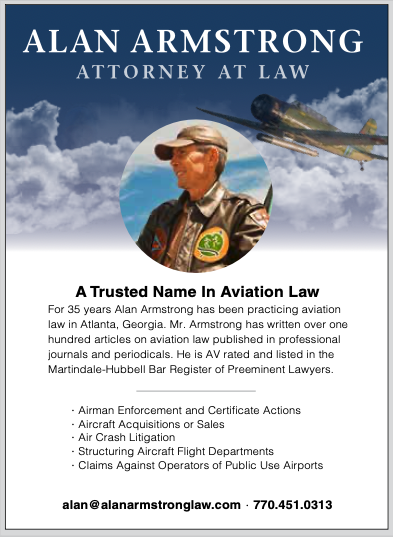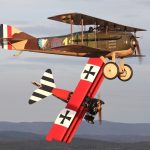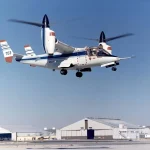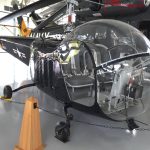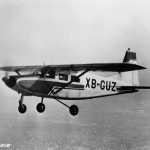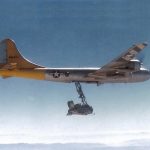In the aftermath of a birdstrike above New York City, Captain C.B. ‘Sully’ Sullenberger and First Officer Jeffrey Skiles demonstrated extraordinary skill as they safely guided US Airways Airbus A320 Flight 1549 to land on the Hudson River. The aircraft touched down on the water at 140 mph, causing it to propel forward about 700 ft., resulting in the dislodgement of the left engine.

Although the airframe and right engine were recovered promptly on January 17, 2009, just two days following the remarkable landing, it took an additional eight days to locate the left engine. On January 23, 2009, a sonar team successfully identified the left engine, which had submerged 65 ft to the riverbed directly beneath the crash site. Subsequently, a dive team retrieved the engine using a buoy.
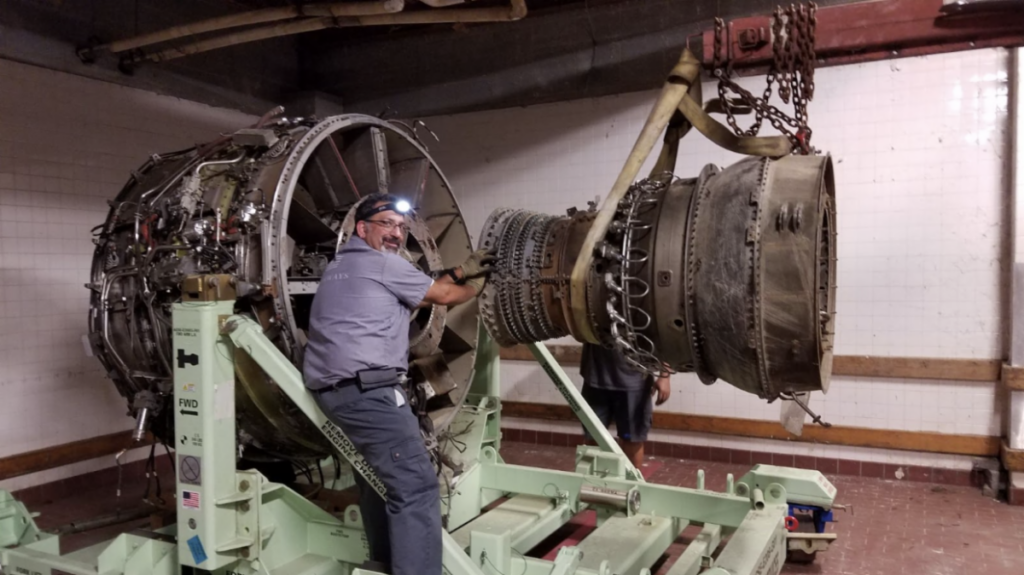
The investigation’s primary focus on the engines caused delays in the insurance company’s release procedures. While the airframe was authorized for transfer to the Sullenberger Aviation Museum by the summer of 2011, it wasn’t until a year later that the engines were ready for transport. Over the subsequent three years, volunteers from US Airways (now American Airlines) undertook the task of reassembling the engines, facing complications due to preservation challenges. Unlike the fuselage, which had been previously cleaned, the engines arrived with significant amounts of silt and mud, leading to corrosion and necessitating treatment to prevent further decay.
Today, the left engine proudly stands on display alongside the Airbus A320 at the Sullenberger Aviation Museum, with ongoing conservation efforts ensuring the preservation of both significant artifacts. For more information, visit Sullenberger Aviation Museum.
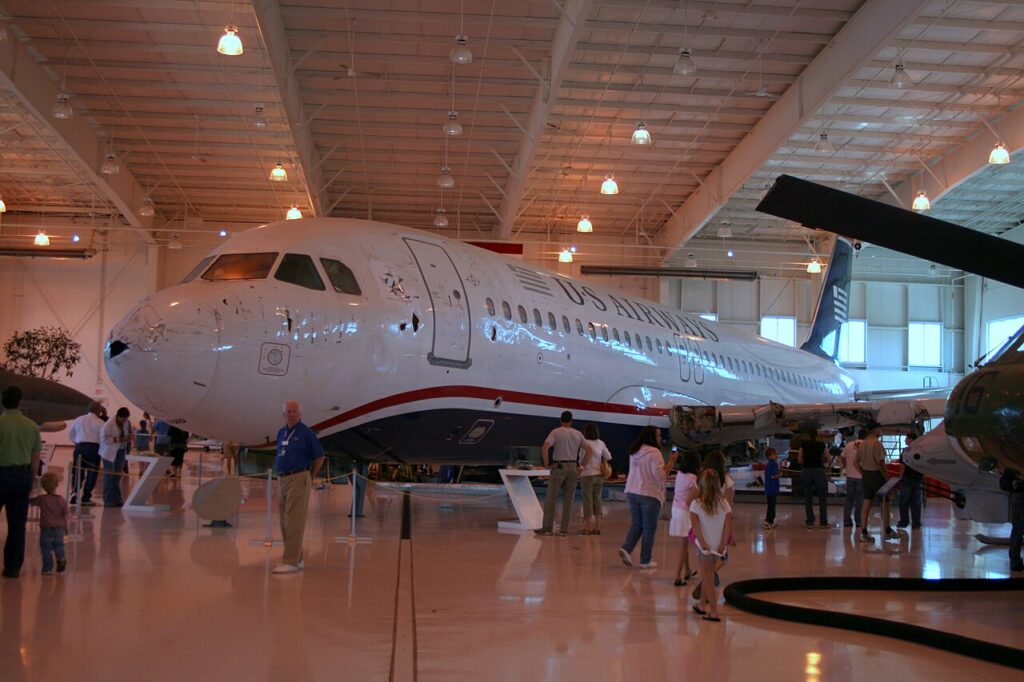
“The Sullenberger Aviation Museum will not just help us know and understand past achievements, it will enable and inspire us to create a brighter future,” said Capt. Sullenberger.
About Sullenberger Aviation Museum
Sullenberger Aviation Museum, renamed in honor of Capt. C.B. “Sully” Sullenberger, aims to Inspire, Educate and Elevate by re-imagining the greater Charlotte region as a hub for aviation and STEM innovation and creating more diversity and economic mobility by inspiring and empowering the next generation to pursue careers in STEM, aerospace and aviation. A Smithsonian affiliate, the museum receives support from the Infusion Fund, a partnership between the City of Charlotte, Foundation For The Carolinas and generous donors to support the arts and cultural sector.









